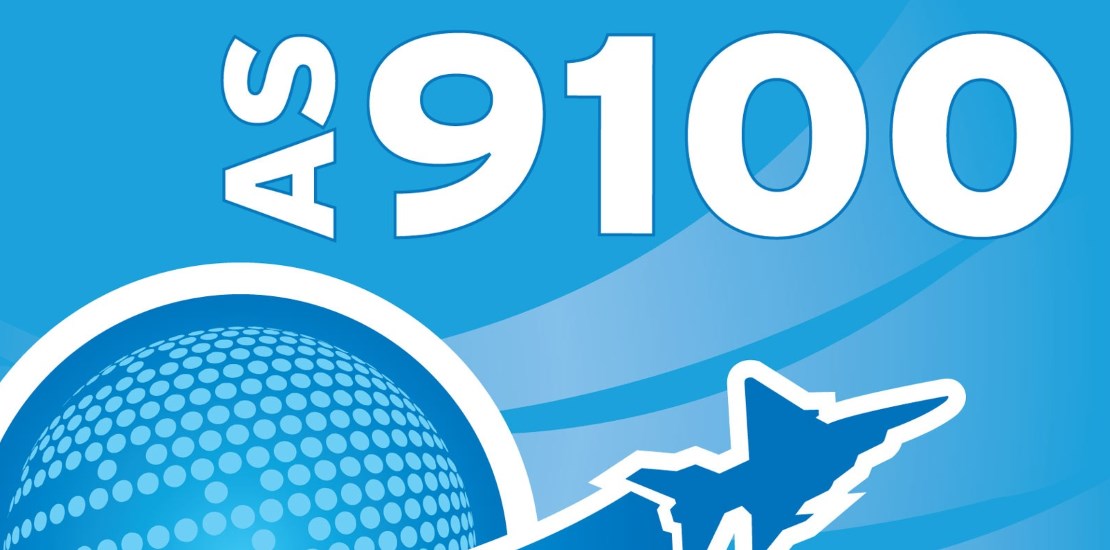- June 1, 2017
- Posted by: Kim Cunningham
- Category: ISO Tips

The AS9100 standard underwent a major revision in 2016 in order to ensure adherence to the changing ISO 9001 standard. Realeased in second quarter of 2016, the AS9100:2016 standard is another step forward for the aircraft and aerospace industries in improving quality, timliness, and safety.
The 9100 series has been updated to incorporate changes to the ISO 9001:2015 as well as the needs and clarifications identified by stakeholders and IAQG users since the last revision. The NSF states that the changes in the standard will focus on clarity, ease of use, and adressing the needs of the industry and stakeholders.
The AS9100 standard series defines the quality management systems standard for the aircraft and aerospace industries. All major manufacturers and supplies around the world endorce or require AS9100 certification. It is vitally important to remain up to date and certified in these standards as a condition for doing business in the industry.
The AS9100:2016 standard closely resembles the ten-clause format of the ISO 9001:2015 standard. However, the AS9100:2016 standard created additions and enhancements in many areas: product safety, human factors, risk, preventive action, counterfeit parts, configuration management, product realization and planning, post delivery support, project management, design development and supplier management, quality manual, and management representative.
If you updated your quality system to the ISO 9001:2015 standard before the release of AS9100:2016, your quality system may be in violation of AS9100C. If you haven’t already, familiarize yourself with the ISO 9001:2015 so you can identify and understand the differences between it and the new 2016 version.
Remember, there is a three-year transition period allowance to move from previous standards to the new AS9100:2016 standard. However, it’s never too soon to get started planning and implementing the transition. The NSF encourages organizations using AS9100 standard series to transition early to avoid complications. Transitions are permitted at any point during the cycle.
By the end of 2016, clients are expected to establish a commitment date. Starting June 15, 2017, all audits will be conducted to new standards, with allowance for some execptions for “special” audits. Audits should be finished by June 15, 2018 to allow time for NCR closure if necessary. By September of 2018, all non-transitioned certificates will expire, which means all organizations must transition by September 15, 2018.
As you adopt the AS9100:2016 standards, make sure you have a strong system of communication in place with your team, management, and organization. If you have any questions about the AS9100:2016, the NSF-ISR invites you to contact them. Remember, AS9100 certification is an embraced and required standard of aircraft and aerospace suppliers and manufacturers worldwide. Be sure to make a timely transition to AS9100:2016.

